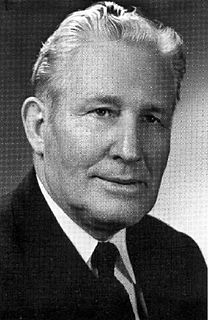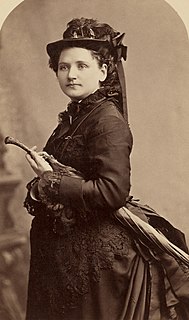A Quote by Henry David Thoreau
History has neither the venerableness of antiquity, nor the freshness of the modern. It does as if it would go to the beginning ofthings, which natural history might with reason assume to do; but consider the Universal History, and then tell us,--when did burdock and plantain sprout first?
Related Quotes
In history there are no control groups. There is no one to tell us what might have been. We weep over the might have been, but there is no might have been. There never was. It is supposed to be true that those who do not know history are condemned to repeat it. I don't believe knowing can save us. What is constant in history is greed and foolishness and a love of blood and this is a thing that even God--who knows all that can be known--seems powerless to change.
Human behaviour reveals uniformities which constitute natural laws. If these uniformities did not exist, then there would be neither social science nor political economy, and even the study of history would largely be useless. In effect, if the future actions of men having nothing in common with their past actions, our knowledge of them, although possibly satisfying our curiosity by way of an interesting story, would be entirely useless to us as a guide in life.
So I did a program with the Recording Academy, the Grammy Museum. So pretty much they take, like, one hundred kids during the summer and for a week or two every day they go over something different in music history. Then during the music history part of the program, they would just tell us about the different eras.
Prophecy and history predict and record a great and universal apostasy which was to be followed by a restoration as predicted by John in Revelation. The fact of the great apostasy is attested by both sacred and secular writ, and history bears witness that it became universal. We proclaim this fact of history not as an attack on any church. We do not assume any position of "holier than thou" or "wiser than thou," but we announce this historic fact of the apostasy as a vindication of the claim that there has been in fact a restoration of the gospel.
The history of woman is the history of the continued and universal oppression of one sex by the other. The emancipation of woman is her restoration to equal rights and privileges with man.... Need we wonder, then, at the sad spectacle which humanity offers us? Its hideous wars, its social abominations, its foul creeds, its treacheries, vices, wants, diseases, lusts, tyrannies, and crimes are the natural outcome of the subjugation of one half of the human race by the other.



































